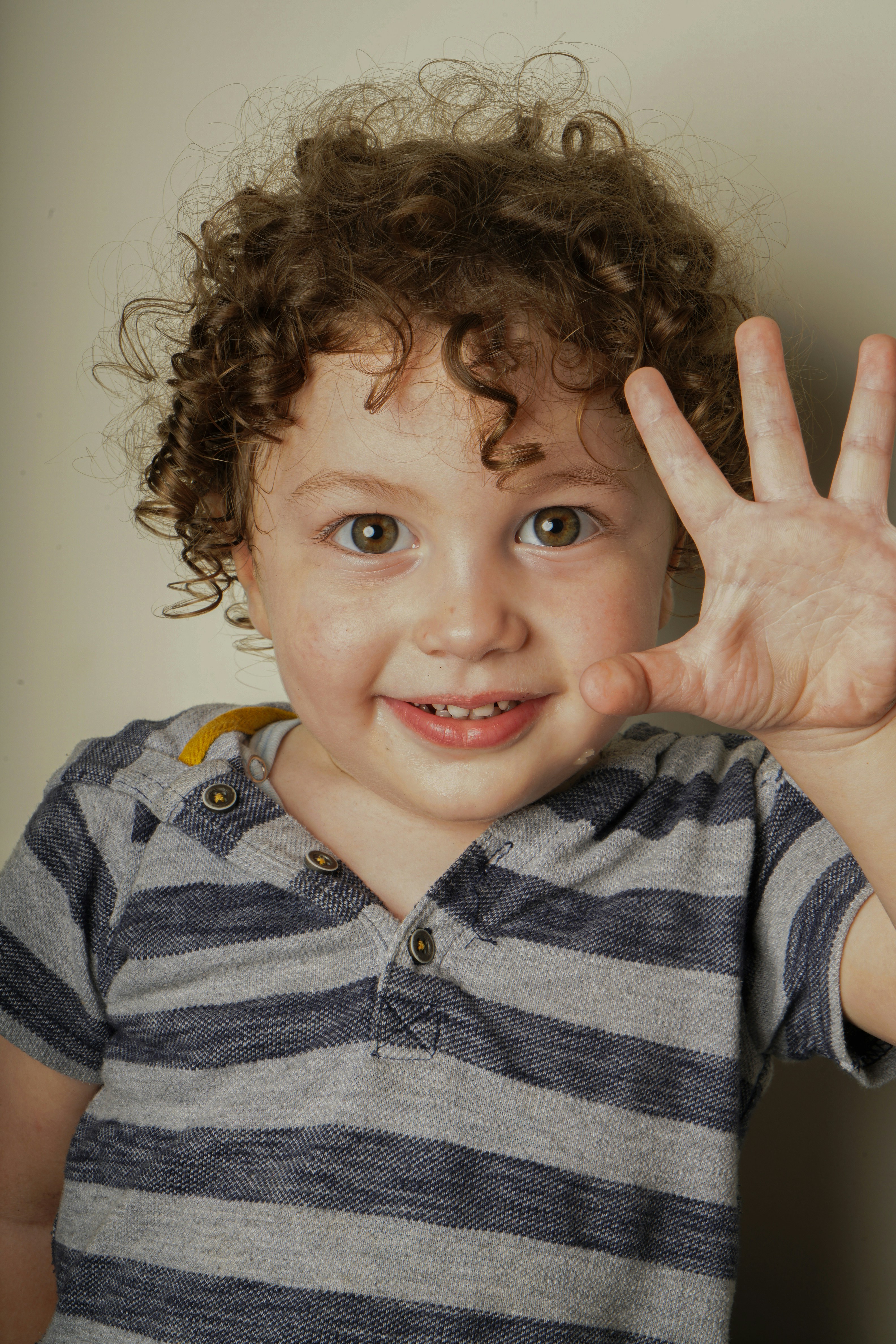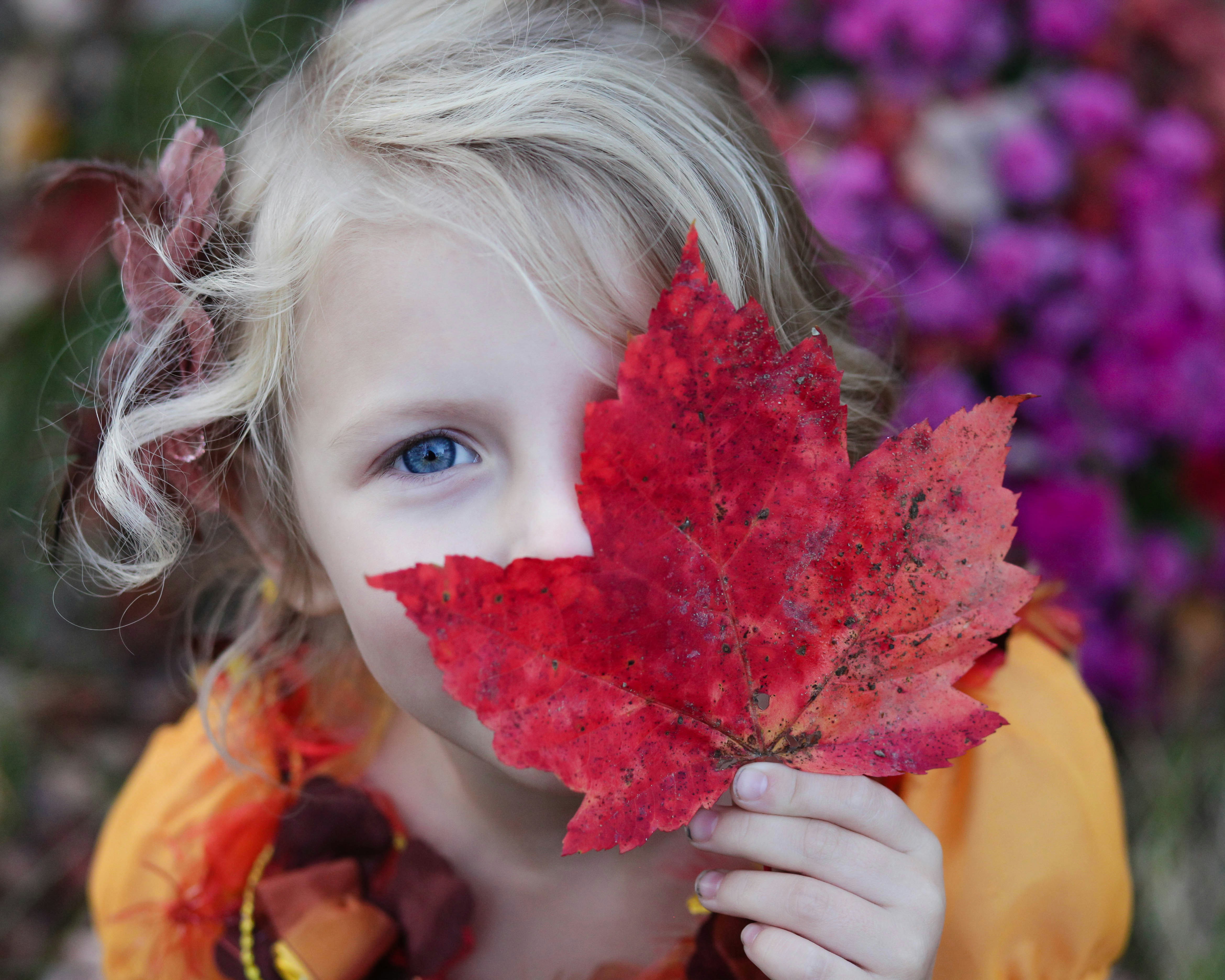This is an abbreviated version of an article By Amy Marschall, PsyD.
Amy is an American Clinical Psychologist with additional training in neurodivergence (including autism and ADHD—two neurotypes of which she also identifies).
The full article can be found here: https://www.verywellmind.com/what-to-know-about-raising-neurodivergent-kids-5666990
Parenting is hard, and although there is an abundance of books, blogs, and articles about parenthood, there is no manual created for your unique child. For parents of neurodivergent children, this is especially true, as a significant amount of parenting advice focuses on neurotypical children. What is neurodivergence, and what do parents of neurodivergent children need to know?
What Does It Mean To Be Neurodivergent?
Neurodivergence is an umbrella term for anyone whose brain functions, processes, behaves, and learns differently from what is generally considered “typical.” Different neurotypes offer different strengths, and neurodiversity is essential for thriving communities.
What Types of Neurodivergence Exist?
Any diagnosis that indicates a difference in a person’s brain function can be considered neurodivergence. Some common examples are attention-deficit/hyperactivity disorder (ADHD), autism spectrum disorder (ASD), Tourette's syndrome, Down syndrome, mood disorders and anxiety disorders.

What Causes Neurodivergence?
From an evolutionary perspective, human beings evolved to develop a wide variety of unique brain functions for survival. Similar to biodiversity, neurodiversity is a natural and important part of the human race. Disorders such as ASD, ADHD and some learning disabilities, have genetic components. This means that people with these diagnoses have a genetic predisposition to develop these disorders. Other types of neurodivergence can develop over time or can be the result of environmental factors, such as brain injury.
What Should Parents Know About Raising Neurodivergent Kids?
Because neurodivergence is a broad term that refers to a vast range of thought patterns, behaviors, and emotions with strengths and challenges, there is no one simple set of tips for raising a neurodivergent child. However, there are some general guidelines for parents with neurodivergent children.
- Adjust Your Expectations
Many parents of neurodivergent children express frustration or even disappointment that their neurodivergent child does not meet the neurotypical expectations that they had going into parenting.
In her piece Welcome To Holland, Emily Perl Kingsley describes having a disabled child as planning a trip to Italy and then getting off the plane to find yourself in Holland. She acknowledges the possible stress of being somewhere you did not plan to be, taking a trip that does not fit with your expectations. “But … if you spend your life mourning the fact that you didn't get to Italy, you may never be free to enjoy the very special, the very lovely things ... about Holland.”
- Ask the Community
Neurodivergent children grow into neurodivergent adults. Seek out communities of adults who share your child’s neurodivergence, and listen to them. These people have a lifetime of experience and can share tips for what helped them or what was harmful to them when they were young.
- Consider Getting Yourself Evaluated
Neurodevelopmental disorders, including ADHD, autism, and learning disabilities, are linked to genetics. This means that if your child is neurodivergent, you, as the parent, might also be neurodivergent. You might benefit from an evaluation to determine if you are also neurodivergent. This can help you better understand your child and yourself and give you access to resources and support for both of you.

What Does Neurodivergence Look Like in Young Children?
The many types of neurodivergence can look vastly different from each other. In addition, two people with the same neurodivergent diagnosis are still unique individuals who will not behave or think in the exact same way. In young children, it can be challenging to identify neurodivergence because typical development has a wide range.
If your child’s learning, behavior, and social development seem different from others their age, you might consider having an assessment done. Children who learn much more slowly or quickly than their peers might be neurodivergent. Difficulty with toilet training, sleeping through the night, or behavioral outbursts that are not developmentally appropriate can also indicate neurodivergence.
Sensory sensitivity is another indicator of neurodivergence: Does your child seem overly sensitive to sounds, lights, or textures? Do they avoid or seek out intense flavors, heavy blankets, snug clothing, or tight hugs? These things can indicate neurodivergence.
What to Know About Early Diagnosis and Intervention
Understanding how your child’s brain works, their communication style and their support needs are important in ensuring that they have the best quality of life possible.
If your child’s neurodivergence causes developmental delays or disabilities, identifying this at a young age can allow your child to participate in speech therapy, occupational therapy and other interventions that can help them develop communication and functional skills that can allow them to be more independent later in life.
It can be scary to learn that your child might not have the neurotype that you expected, but appropriate support can help you understand and meet your child’s unique needs and help them have the best life possible.


